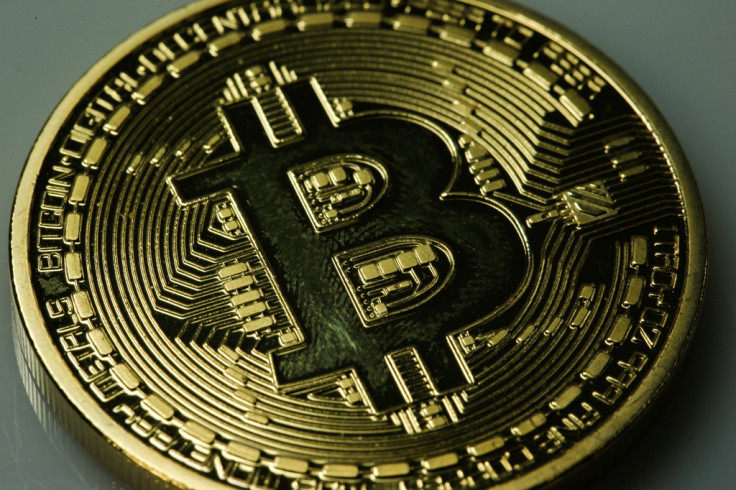Bitcoins Used to Pay For Illicit Drugs in Sweden

Popular virtual currency bitcoin was used to pay for illegal drug transactions in Sweden, as the currency's anonymity and lack of regulation become major concerns for authorities across the globe.
The Swedish Daily News reported that bitcoins were used by drug dealers in at least six transactions in Sweden last year. The offenders completed most of the deals on the internet, according to the newspaper.
In December, four people were convicted of smuggling drugs in Haparanda city of Sweden. A large amount of bitcoins was found in the computer of the main suspect, involving about 100 transactions.
"He has handled around half a million kronor ($77,000, €56,500, £46,900). Then how much of it is an increase in value is difficult to say," Lindha Stromberg, a local prosecutor, was quoted as saying by the newspaper.
The transactions were done independently from banks or financial institutions, as bitcoins used cryptography to control them.
The newspaper added that the National Criminal Investigation Department's cybercrimes unit had uncovered several cases of criminal business involving the use of bitcoin.
Growing Regulatory Hurdles
Bitcoin was launched in 2009 by developer Satoshi Nakamoto and is traded within a global network of computers. The currency uses cryptography to control the creation and transfer of money. Therefore, they can be transferred without going through banks or clearing houses, reducing fees involved in the services significantly.
The digital currency has steadily been gaining in popularity despite the volatility in its value. The virtual currency exists as software and is not backed by any country or banking authority.
Several companies across the globe have adopted bitcoin as a payment option, despite warnings by regulatory bodies in many countries about the risks of virtual currencies.
Recently, Indonesia and Russia banned the use of virtual currencies like bitcoin, citing concerns that they may aid money launderers and terrorists.
Earlier, the central bank of Estonia discouraged consumers from using bitcoin, saying it may act more like a Ponzi scheme than an alternative currency or an electronic payment system.
The Central Bank of Cyprus (CBC) also issued a warning to consumers that virtual currencies such as bitcoin are not legal tender in the country and they should be cautious about the currencies' perceived volatility.
Critics say bitcoins could be used for drug transactions, money-laundering and other illegal activities due to the near anonymity of those who deal in it.
Earlier in January, Charlie Shrem, the CEO of bitcoin exchange BitInstant, was arrested and charged with money laundering and using bitcoins to purchase drugs on the Silk Road website.
The notorious online black market Silk Road had had some 30,000 bitcoins seized by the US prosecutors after the website was found to be facilitating money laundering using the virtual currency.
© Copyright IBTimes 2024. All rights reserved.






